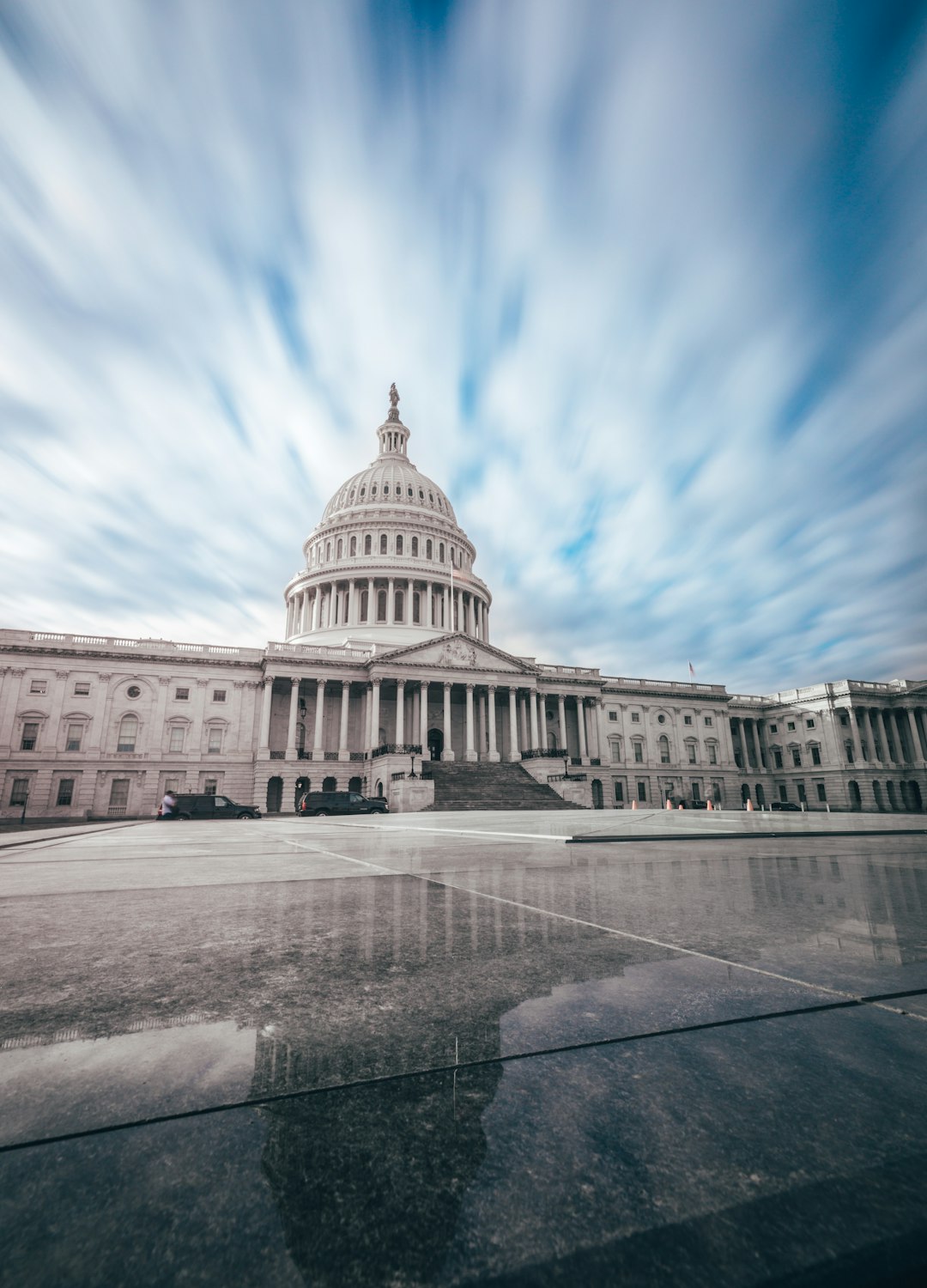In Washington State, robust consumer protections against unfair debt collection practices are enforced by the Attorney General's office. A debt collector lawyer in Washington can guide residents through this process, ensuring ethical standards and legal compliance. They assist with complaints, file actions under the Fair Debt Collection Practices Act (FDCPA), and protect debtors' rights, especially vulnerable populations, from abusive tactics commonly employed by collectors, such as false statements, intimidation, and repeated unwanted calls. Engaging a specialized lawyer is crucial for effective navigation of Washington's debt collection landscape.
In Washington State, debt collection practices are tightly regulated to protect consumers from unfair or aggressive tactics. This guide explores the rights of debtors and the responsibilities of debt collectors under Washington laws. Learn how the Attorney General plays a crucial role in handling complaints against debt collectors, highlighting common violations such as harassment, false representations, and illegal collection methods. Discover the steps involved in filing a complaint and protect your rights effectively.
Understanding Washington's Laws Regarding Debt Collection

In Washington, the collection of debts is regulated by a series of laws designed to protect consumers from unfair or abusive practices. The Washington Attorney General plays a crucial role in enforcing these regulations, ensuring that debt collectors adhere to ethical standards. If you’re dealing with a debt collector as a resident of Washington state, it’s important to understand your rights and the legal framework surrounding this process.
Washington laws mandate that debt collectors obtain validation of the debt before engaging in any collection activities. This means they must provide proof that the debt is legitimate and outline the amount owed. Additionally, collectors cannot use deceptive or harassing tactics, such as making false statements or contacting individuals at inconvenient times. A debt collector lawyer in Washington can help navigate these laws, ensuring your rights are respected throughout the debt collection process.
The Role of the Attorney General in Debt Collection Complaints

In the state of Washington, the Attorney General plays a pivotal role in overseeing and addressing consumer complaints related to debt collection practices. When it comes to debt collectors, a lawyer from the Attorney General’s office acts as a watchdog, ensuring that these entities adhere to fair and legal practices when attempting to collect debts from consumers. This is particularly important given the sensitive nature of financial matters and the potential for abusive or misleading tactics by unscrupulous debt collectors.
The Attorney General’s office investigates complaints filed by Washington residents who believe they have been treated unfairly or illegally by debt collectors. By examining these cases, the office helps protect consumers’ rights and provides guidance to both parties involved. This process not only resolves individual disputes but also sets a precedent for ethical debt collection practices across the state, ultimately benefiting folks interacting with debt collector lawyers in Washington.
Common Issues and Violations in Debt Collection Practices

Debt collection practices in Washington state often involve a range of issues that have led to numerous complaints against debt collectors. Common violations include unfair or deceptive acts, such as making false statements about the nature or amount of debt, using intimidating language, or misrepresenting themselves as government agents. Many consumers report receiving repeated calls at inconvenient times, being threatened with legal action without intent to follow through, and demanding immediate payment with no provision for disputing the debt.
These practices can be particularly problematic for vulnerable populations, including the elderly, individuals with disabilities, and low-income earners. A debt collector lawyer in Washington can help consumers navigate these complex issues, ensuring their rights are protected under state laws that regulate debt collection, such as the Fair Debt Collection Practices Act (FDCPA). They provide guidance on how to respond to debt collectors, file complaints, and take legal action when necessary.
Filing a Complaint: Steps and Required Documentation

When considering filing a complaint against a debt collector in Washington, understanding the process is key. The first step involves gathering all relevant information and documentation related to your case. This includes copies of any communications with the debt collector, such as letters, emails, or phone records, as well as proof of the debt itself, like payment history or contracts.
A debt collector lawyer in Washington can guide you through this process, ensuring that your complaint is properly structured and filed with the appropriate regulatory body. They will assist in preparing a detailed statement outlining the facts, including any violations of federal or state debt collection laws. This documentation is crucial when presenting your case to the Attorney General’s office, which investigates and takes action against abusive debt collection practices.
Protecting Your Rights as a Debtor in Washington State

In Washington State, debtors have certain rights that are protected by law. When dealing with debt collectors, it’s crucial to understand these rights. A debt collection lawyer in Washington can help ensure these protections are upheld. For instance, debt collectors must provide proper notice and disclose the amount and nature of the debt. They cannot harass or threaten you, and they must respect your privacy.
If you believe your rights as a debtor have been violated, it’s important to take action. A Washington debt collector lawyer can assist in filing complaints with regulatory agencies, negotiating with collection agencies, or even taking legal action if necessary. Knowing your rights and having the right representation can make all the difference in navigating the complexities of debt collection in Washington State.






